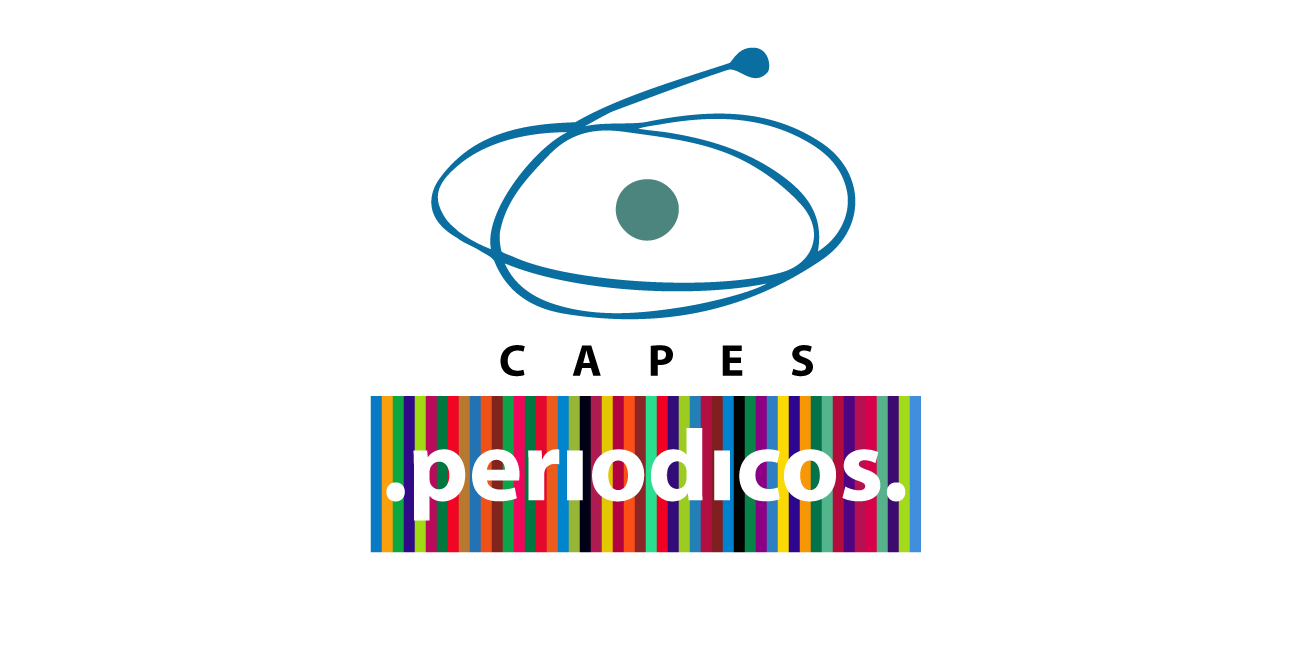O Direito Fundamental à Informação Legítima e o Decorrente Direito de não ser Enganado ou Manipulado por Propaganda do Governo
Palavras-chave:
Direito à informação, Direitos fundamentais, Propaganda do governo, Democracia, Direitos políticosResumo
Analisa-se neste artigo o direito à informação, assegurado no art. 5º. da Constituição Federal, e a propaganda veiculada por órgãos públicos. Constata-se que a propaganda, como meio de comunicação social, tem, entre suas características, o uso da persuasão, para mobilizar condutas e crenças em uma direção determinada. Constata-se, também, que a propaganda dos órgãos públicos está entre as espécies que podem ser denominadas de propaganda política, por ter uma relação direta com o poder do Estado. Delimita-se a possibilidade de produção de propaganda do governo, prevista no art. 37, §1º, da Constituição Federal. Constata-se, por fim, que o direito à informação abrange também as informações constantes em propaganda do governo, veiculadas de modo persuasivo, uma vez que a persuasão traz a possibilidade de dano ao cidadão quanto às informações recebidas dos órgãos públicos, afetando diretamente seus direitos de participação na vida política do Estado, seus direitos políticos. Nessas condições, o direito à informação, previsto na Constituição Federal, diante da possibilidade do uso da persuasão na propaganda dos órgãos públicos, é reconhecido como o direito não apenas de receber informações, mas também o direito de receber informações legítimas, decorrendo daí também o direito de não ser enganado ou manipulado por propaganda do governo.Downloads
Publicado
2012-05-21
Como Citar
Striquer Soares, M. A. (2012). O Direito Fundamental à Informação Legítima e o Decorrente Direito de não ser Enganado ou Manipulado por Propaganda do Governo. Revista Jurídica Cesumar - Mestrado, 12(1). Recuperado de https://periodicos.unicesumar.edu.br/index.php/revjuridica/article/view/2040
Edição
Seção
Doutrinas
Licença
A Revista se reserva o direito de efetuar, nos originais, alterações de ordem normativa, ortográfica e gramatical, com o intuito de manter o padrão culto da língua, respeitando, porém, o estilo dos autores. As opiniões emitidas pelos autores são de sua exclusiva responsabilidade.
Os direitos autorais pertencem exclusivamente aos autores. Os direitos de licenciamento utilizado pelo periódico é a licença Commons Atribuição 4.0 Internacional. São permitidos o compartilhamento (cópia e distribuição do material em qualquer meio ou formato) e adaptação (remixar, transformar, e criar a partir do trabalho, mesmo para fins comerciais), desde que lhe atribuam o devido crédito pela criação original.












